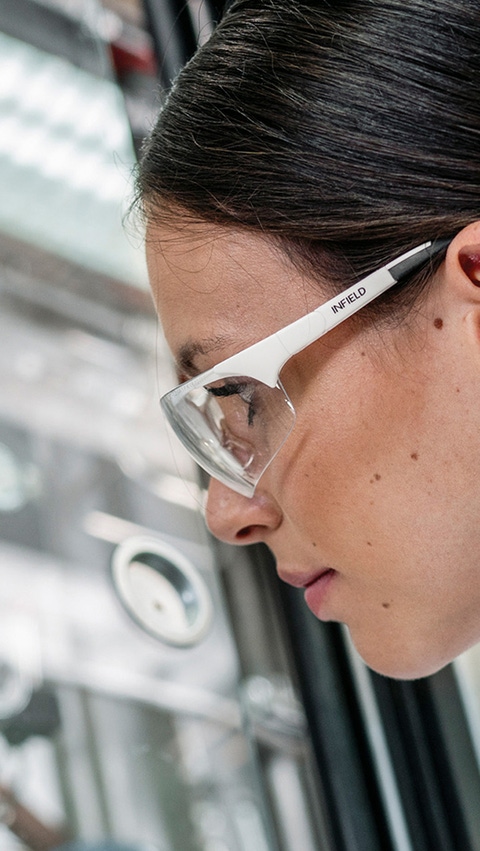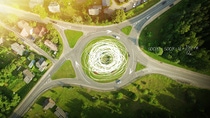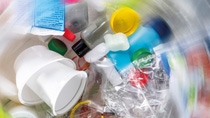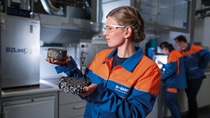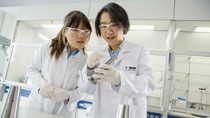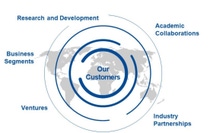~10,000
employees in R&D woldwide
Who we are
Driving innovation through strategic partnerships in Canada
Optimism is what drives all human beings. At BASF, this motivates us every day to develop solutions for the greatest challenges of our time – so we can better protect the climate, make optimal use of limited resources and provide food, energy and clean water for a booming world population.
Only with innovations from chemistry can we solve the pressing questions of the future, grow as BASF and remain competitive. That is why we are working intensively with customers and partners to develop innovative products and optimize processes and the use of raw materials. With our solutions, we hold the key to leading ourselves, our customers and society towards climate neutrality and a circular economy. Therefore, we have a special responsibility.

Our Research Focus: Overcoming the challenges of our time.
We are a global leader in chemical industry R&D. Our researchers in labs around the globe are working on hundreds of research projects to meet the challenges of our customers and create chemistry for a sustainable future.
Our Know-How Verbund: The basis of our innovative power.
Facts and Figures 2024
€2.1 bn
expenses for R&D
€11 bn
sales with products launched on the market in the past five years that stemmed from R&D
1,159
new patents worldwide

